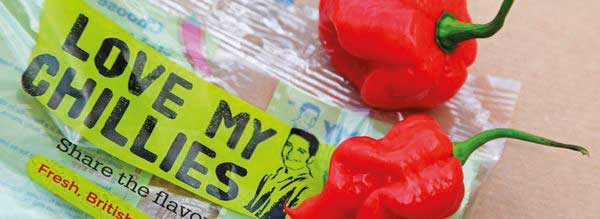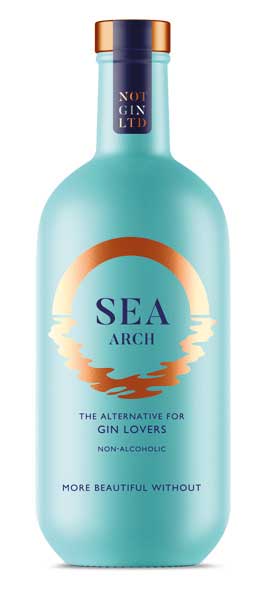It’s known as The Armageddon and it’s so hot that it just about stands head to head with the notorious American-bred Carolina Reaper.
Since first going on sale at Tesco three years ago, the Carolina Reaper – which is officially the world’s hottest chilli according to the Guinness Book of Records – has become the stuff of legend because of its truly incredible heat.
But now the ‘Reaper’ has a rival that was not only bred in Britain but is commercially-grown in Bedfordshire.
And that should please the growing army of super-hot chilli pepper lovers in the UK with demand at Tesco for the top of the heat scale variety rocketing by 70 per cent in the last four years.
The Armageddon is being grown by the UK’s largest producer of chilli peppers, Salvatore Genovese whose seven acre farm is based in Blunham, Bedfordshire.
Salv, as he is known, started growing chilli peppers just under 20 years ago after he took over his parents’ cucumber business.
He branched out into chilli pepper production against his father’s advice but quickly found he had a fast-growing market with Tesco becoming one of his first customers.
Since then chilli peppers have become so popular that Salv now grows up to one million, or 15 tonnes, each week through his company Genovese Chillis, to satisfy the growing UK demand.

Sea Arch – The Non Alcoholic alternative gin
Inspired by the rugged coastline of Devon, Sea Arch: a sophisticated non-alcoholic gin-alternative has launched.
The premium spirit, blended and bottled in England, contains eleven carefully selected botanicals, twice-distilled in a traditional copper pot with spring water. The alcohol is then removed to leave behind pure, evocative flavour. This balanced sipper is best enjoyed on the rocks with a quality tonic and a slice of citrus.
Each sip offers juicy top notes of cardamom, blood orange and grapefruit, with a smooth long-lasting finish, drawing on samphire, cardamom and sea kelp, hand-harvested from the South Devon coast. Gin lovers will love the unmistakable base flavour of juniper. The launch is in line with the decline of alcohol consumption in the UK, which fell from 3.07 units per day in 2003, to 2.57 units per day in 2017.




